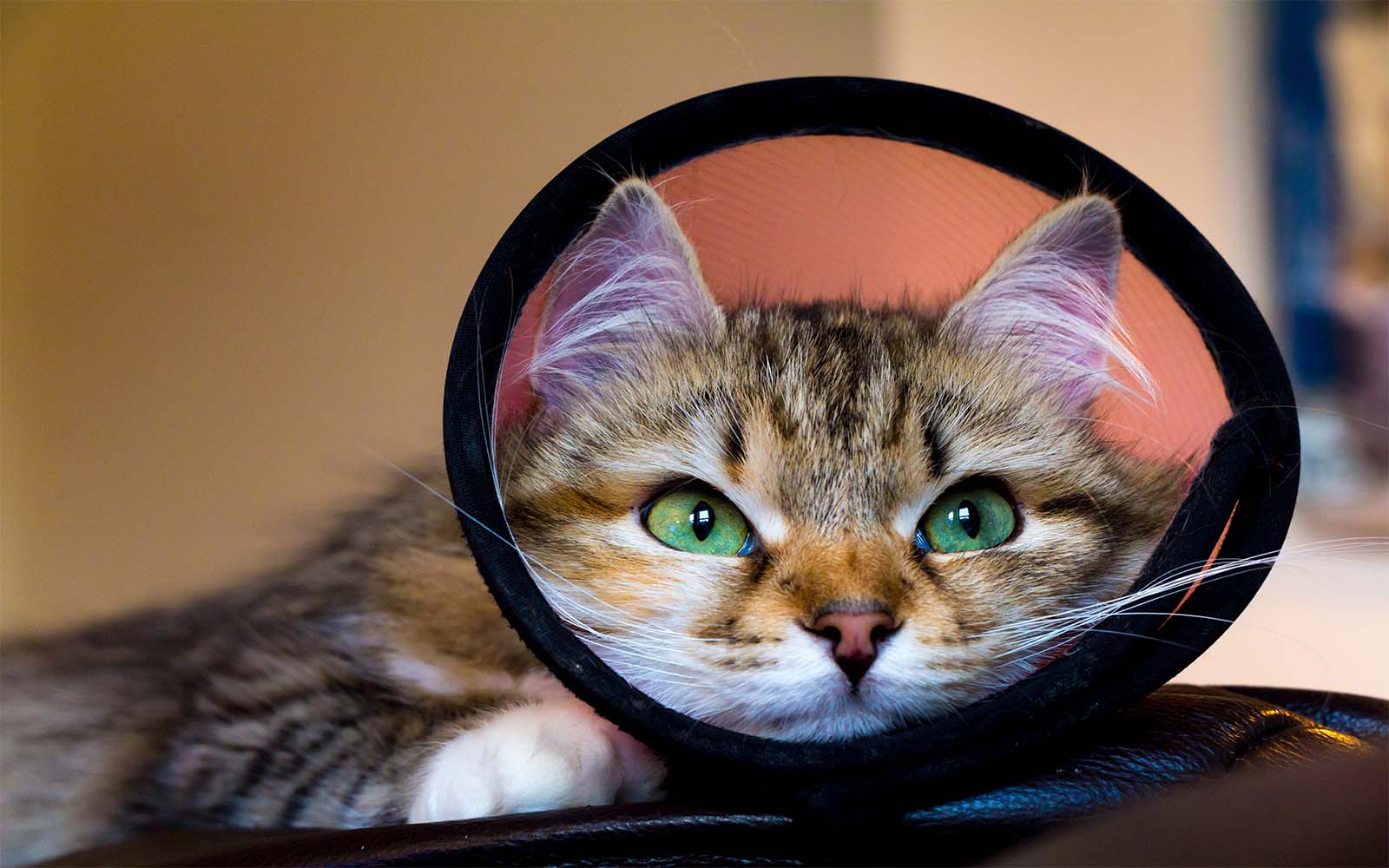
When you become a pet owner, it's important to think about whether you want your pet to have babies or not. Spay or neuter surgeries are very common procedures performed by veterinarians on cats and dogs. They involve surgically removing the animal's reproductive organs to prevent them from having babies.
Spaying is done by removing the uterus and ovaries in female pets, and neutering removes the testicles of male pets. According to veterinarians, it's best to have female pets spayed before their first heat cycle, which usually happens when they're around 5 to 6 months old. For male pets, the decision to neuter depends on their breed and size.
New pet parents often wonder whether they should have their furry babies spayed or neutered. So, let's look at the pros and cons of spaying and neutering your furry babies.
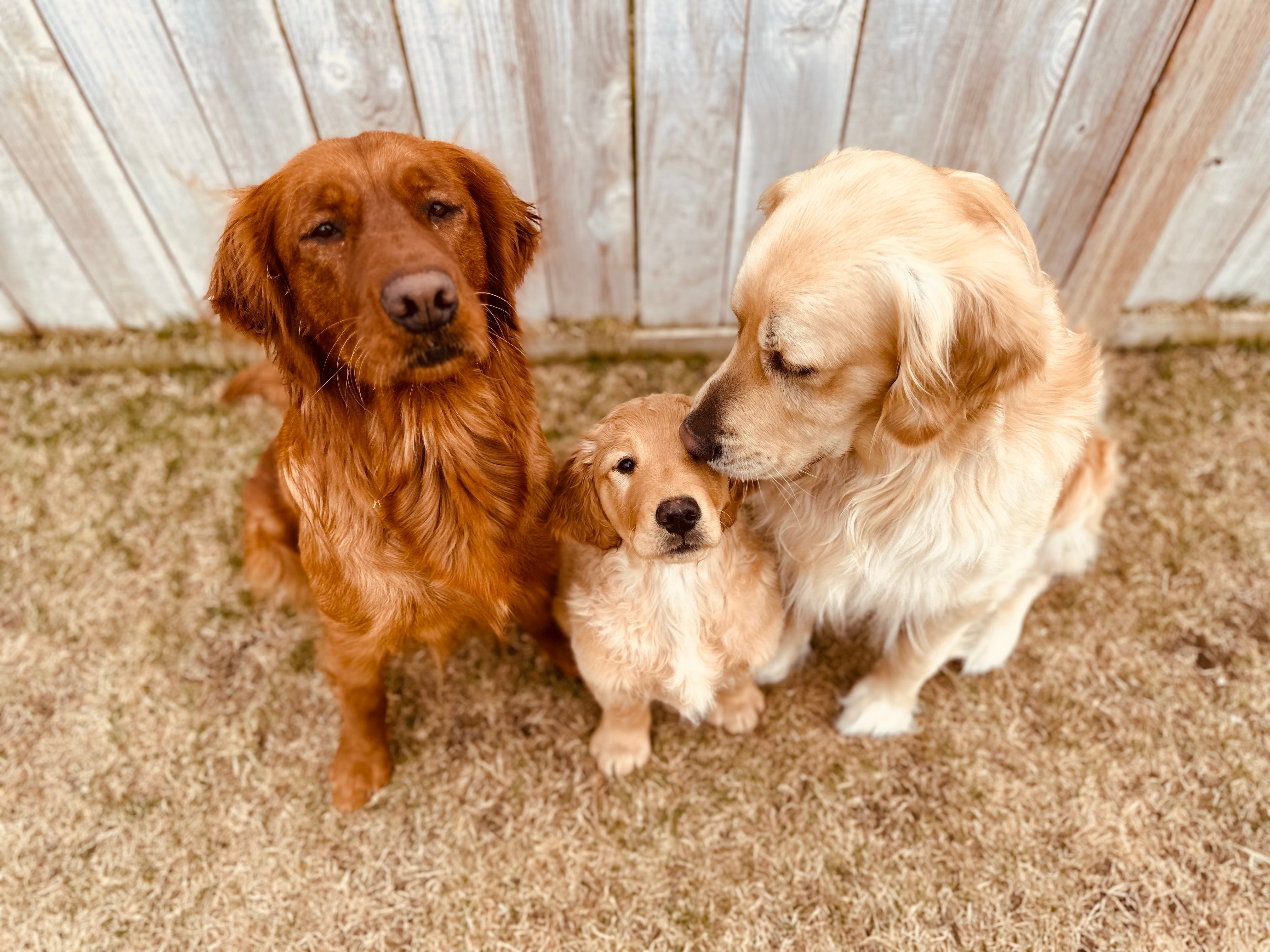
Pros:
Prevents Unwanted Pregnancies
While pet babies may be cute and cuddly, they require a lot of care both physically and financially. You have to constantly look after their well-being, clean up their messes every day, and pay for their medical visits and vaccinations.
Prevents Pet Overpopulation
Many pets end up abandoned in shelters because their owners don't want to take care of them. Spaying or neutering prevents overpopulation and the abandonment of pets, reducing the strain on shelters.
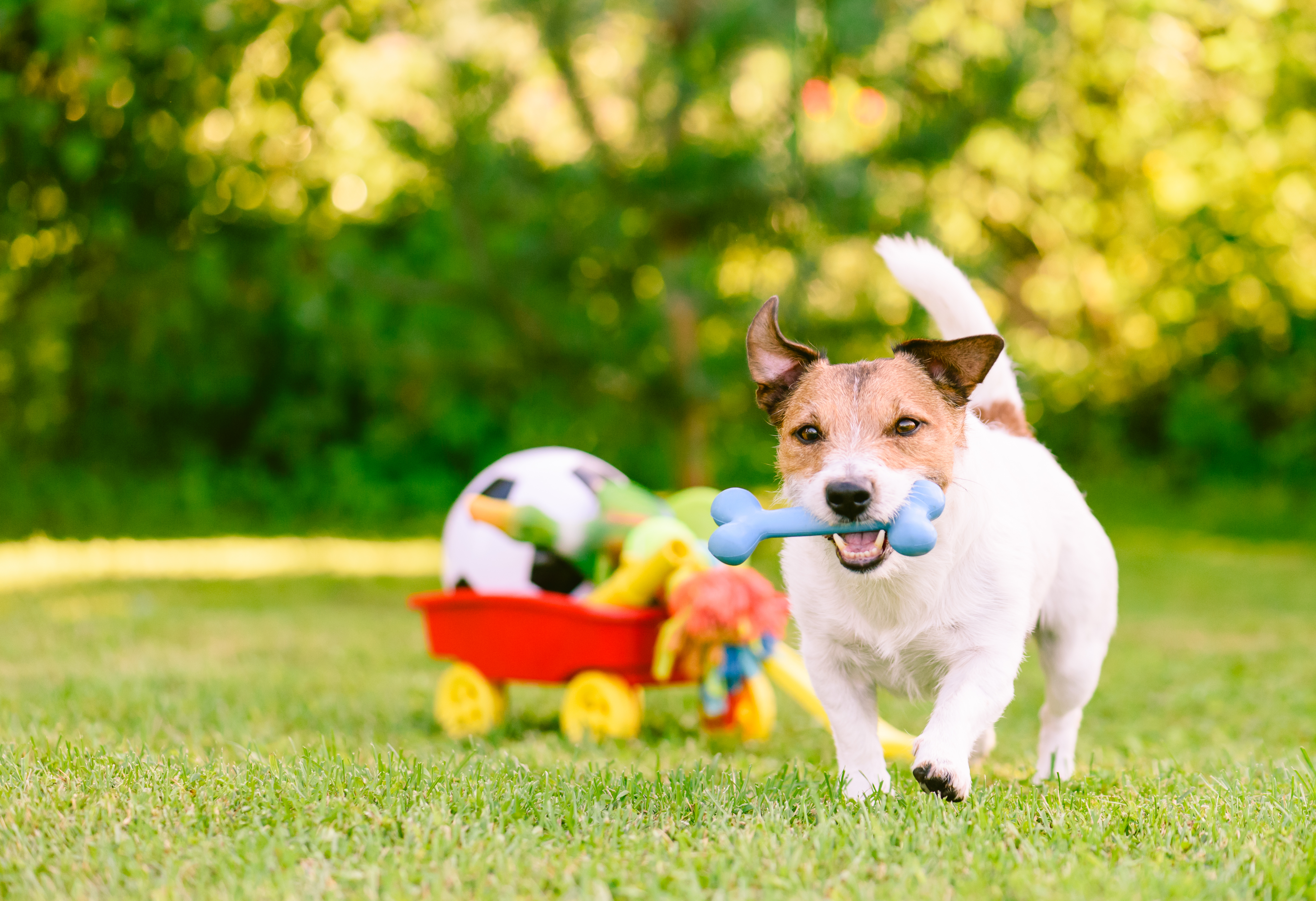
Improves Their Health
Spaying and neutering can lower the risks of certain health problems, such as testicular cancer, mammary cancer, and uterine infections.
Reduces Behaviour Problems
Spayed or neutered pets tend to be more attentive to their owners and families. Early neutering can help prevent aggression-related problems.
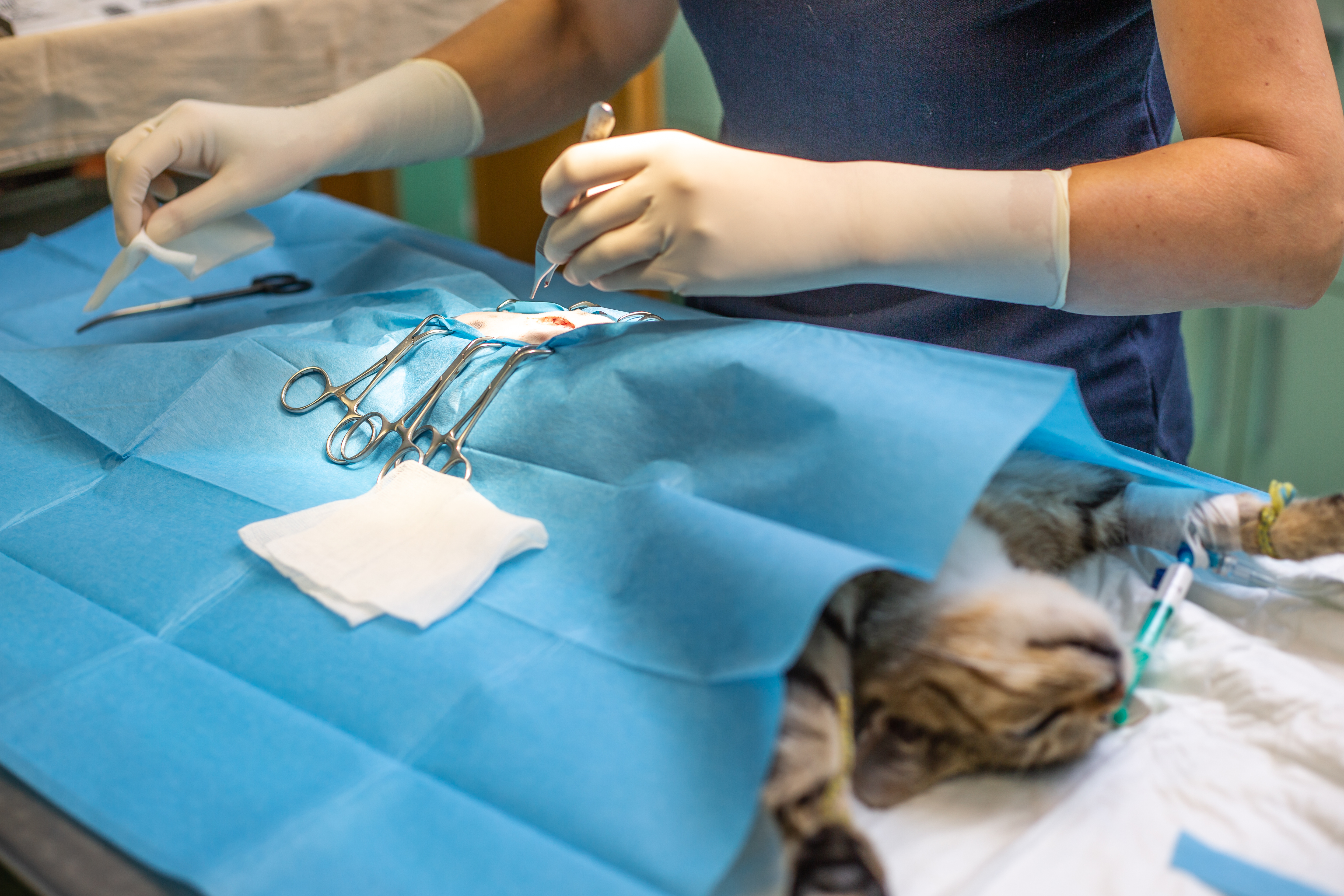
Cons
Risks
Whether it's spaying or neutering, these surgeries are considered major procedures and involve the use of anaesthesia. While complications from general anaesthesia are rare, it's important to consider these risks before deciding to have your pets spayed or neutered.
Weight Gain
Pets that are spayed or neutered have a slightly higher chance of gaining some weight after the surgery. The pet's metabolism might slow down after the procedure, which can lead to weight gain.
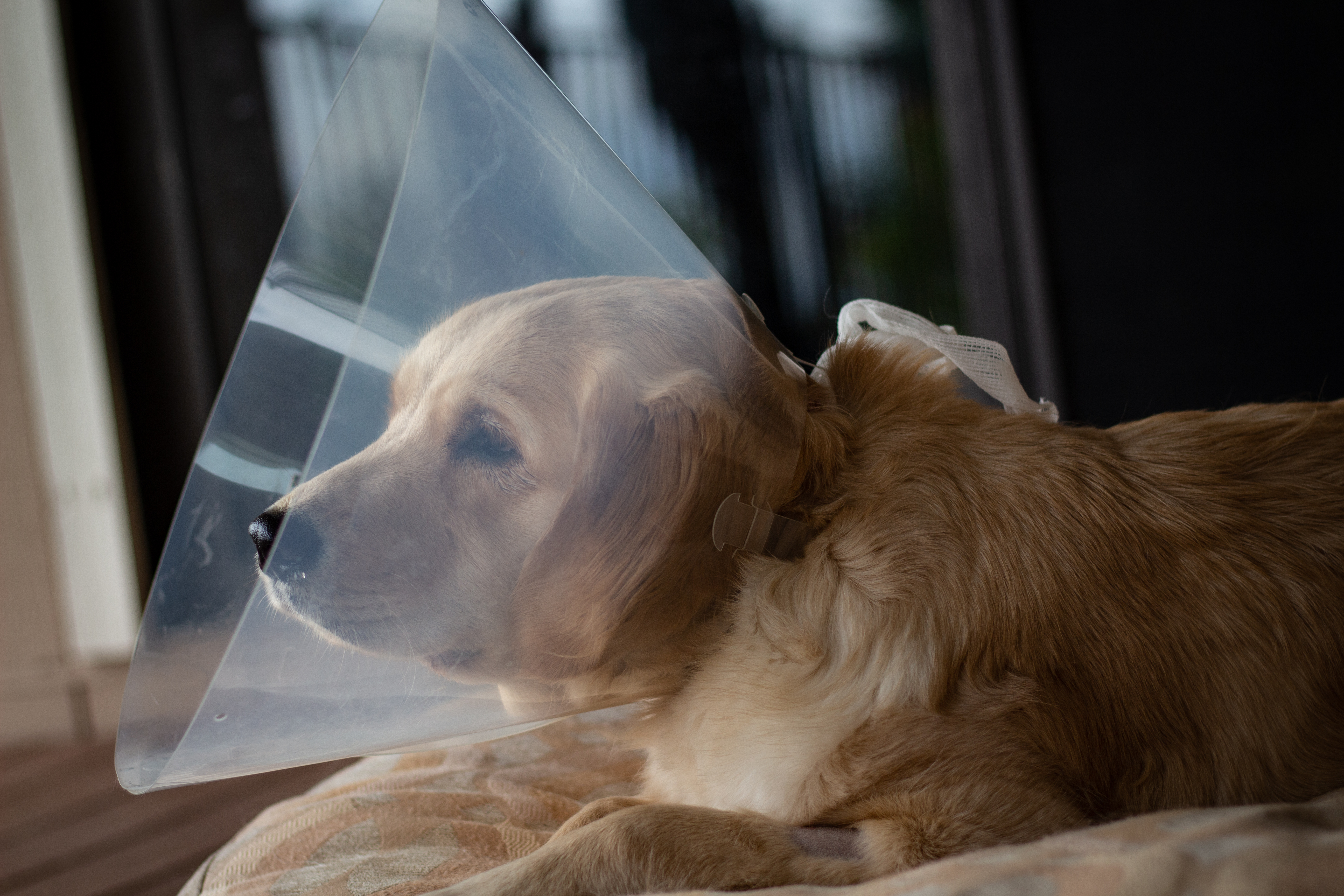
Pain
Although pets usually don't experience pain during the surgical procedure due to anaesthesia, they may experience some discomfort after the surgery. However, there's no need to worry too much, as your veterinarian will likely prescribe pain medication to help your pet feel better.
Sterility
Spaying and neutering are permanent procedures, which means your pet won't be able to have babies anymore. It's a serious decision to make regarding whether or not you want your pet to have offspring in the future.
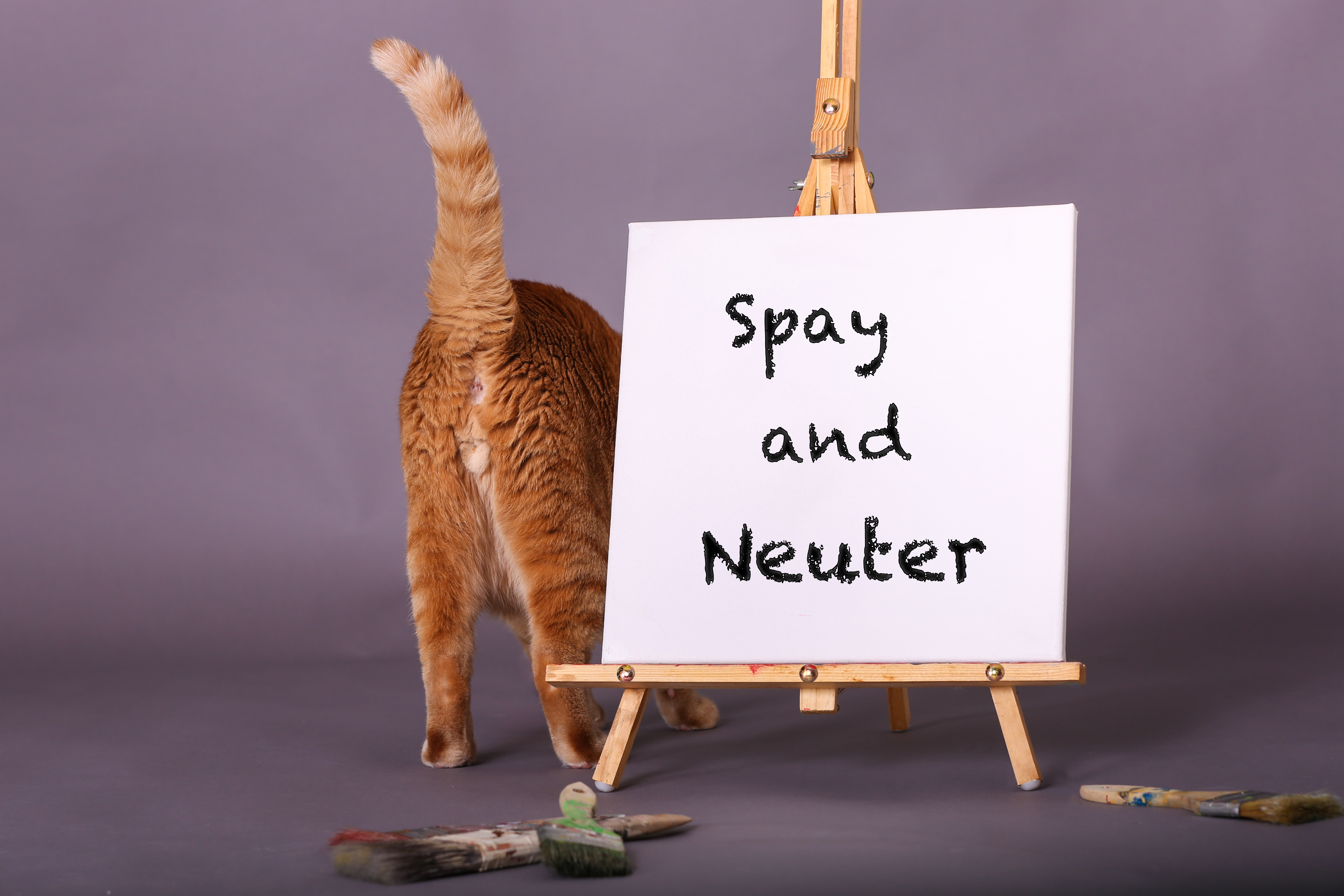
Deciding whether to have your dog spayed or neutered is a significant choice. It's recommended that you visit a veterinarian and personally discuss your options with them, as the decision may vary depending on your pet's physical condition, age, breed, and size.
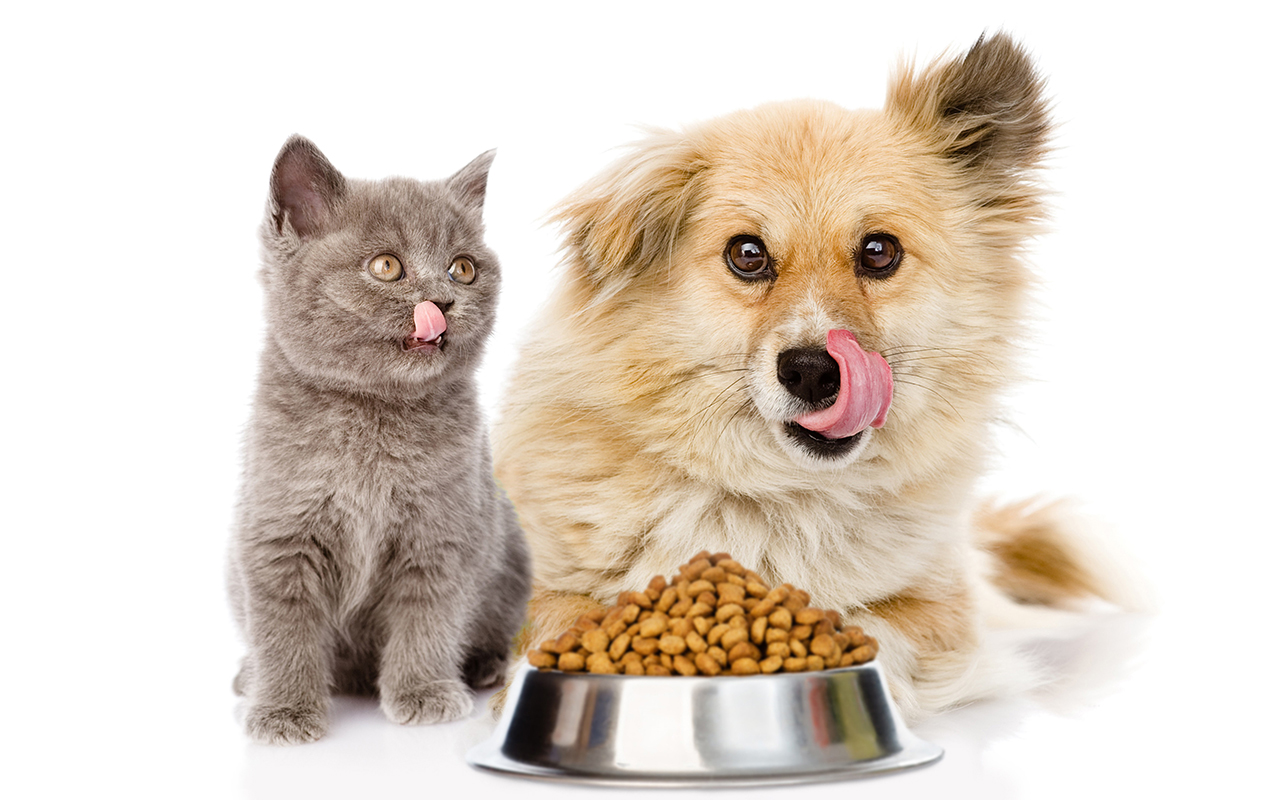
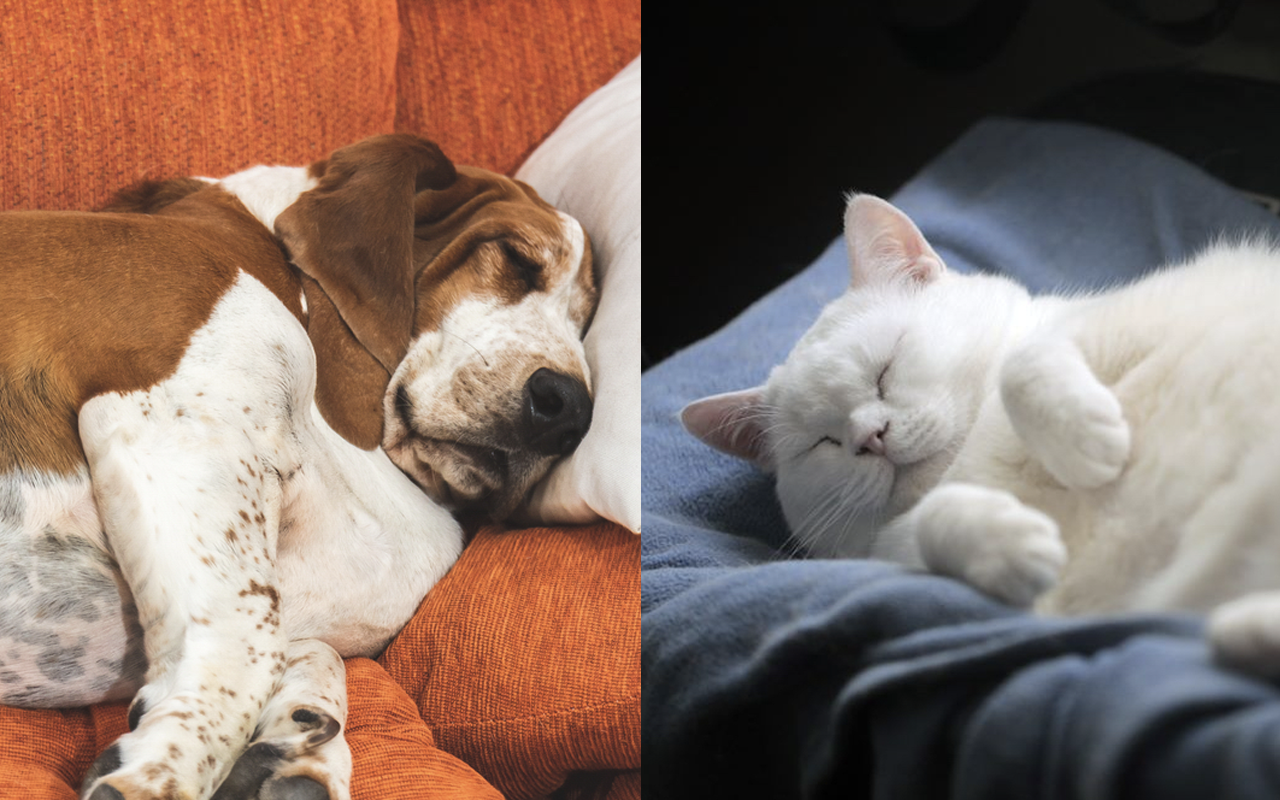
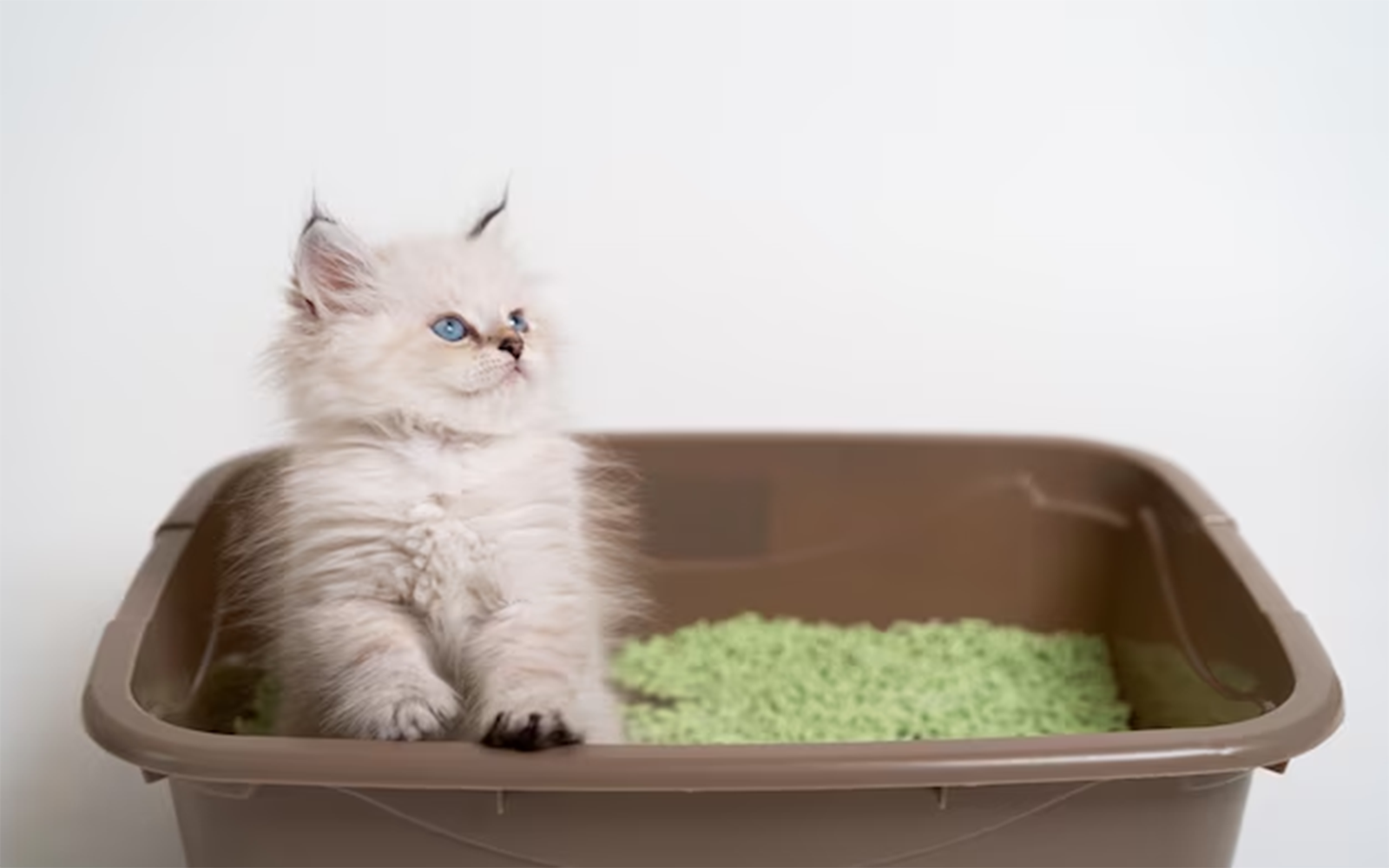

Than Toe Aung
Wai Min Htay
Thazin Naing